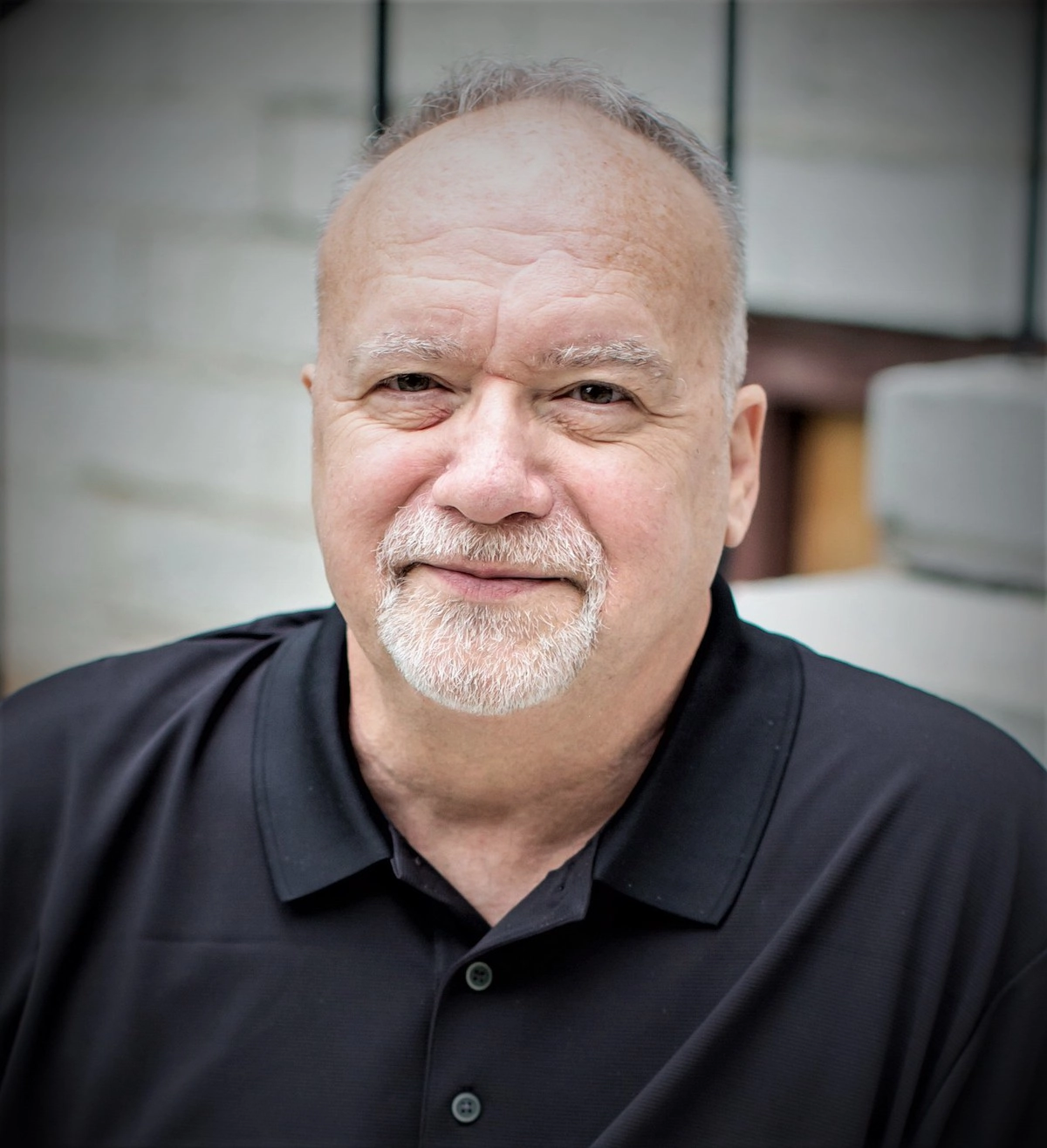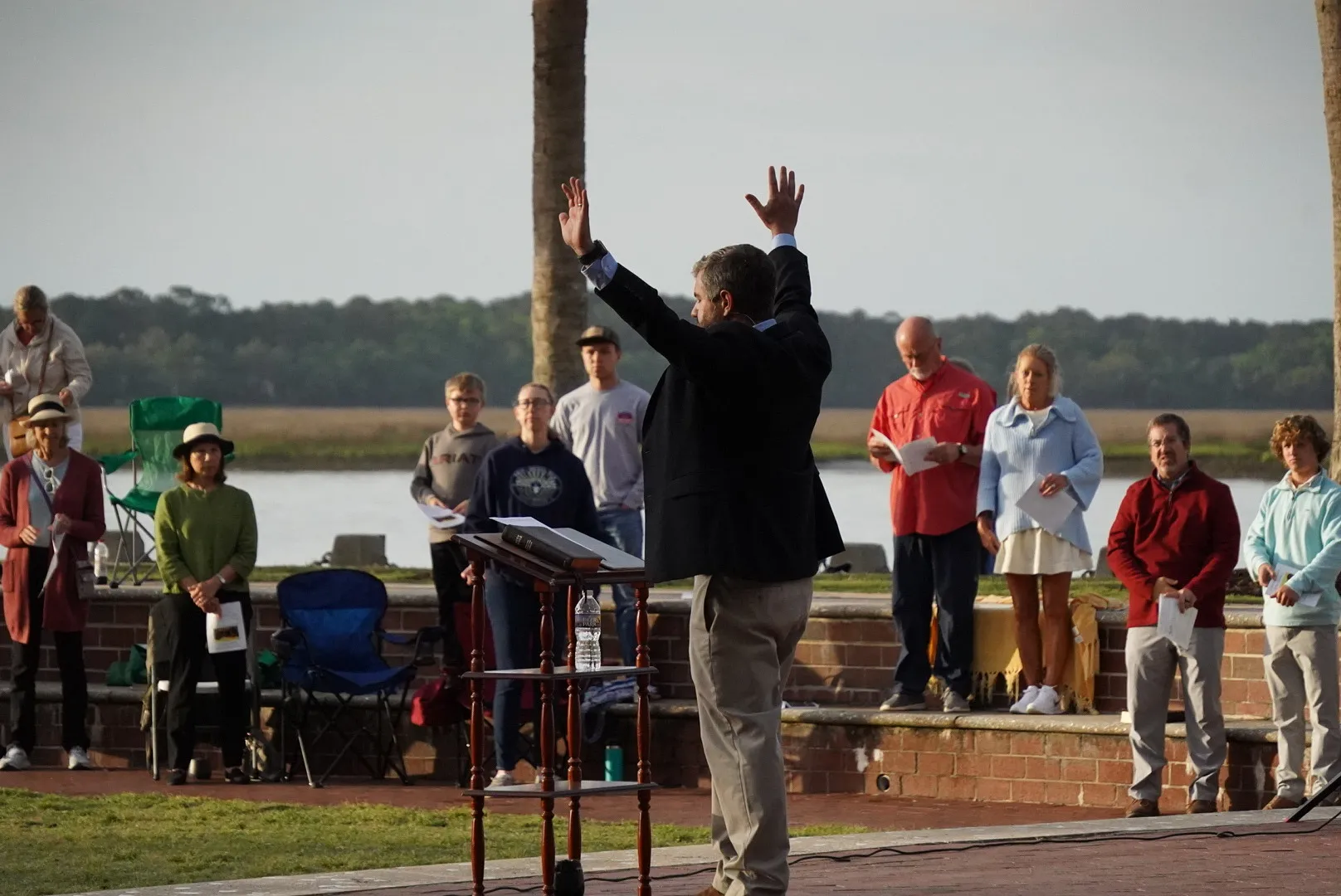By Scott Graber
It’s Good Friday, still early, and the news this morning is Trump and his focus on Jesus.
This morning I am looking out at the Beaufort River — once again marveling at the effect of a low angled sun on the Spartina. I’m also reading an article titled “Do You Know Jesus” by Adam Gopnik. (New Yorker, March 31)
Gopnik’s piece centers on Elaine Pagels and her newest book, “Miracles and Wonder” (Doubleday, 2025).
Many of you know that Pagels is a professor at Princeton University who has written widely on the historical Christ, and made her mark with her book, “The Gnostic Gospels.” Those ancient writings — discovered in 1945 and probably predating the gospels of Matthew, Mark, Luke and John — were discarded by the Church.
In “Miracles and Wonder” Pagels questions the story of the virgin birth and says that some of the more improbable tales are “familiar tropes and myths to smooth over inconsistencies that believers struggled with from the beginning.”
All of which brings us to Gospel-writers themselves; “undoubtedly Greek literature” says Robyn Walsh at the University of Miami; and written some 40 to 60 years after the Crucifixion is thought to have happened.
“Greek literature?”
For most of my life there has been periodic academic writing questioning the origin of the Gospels — some actually questioning whether there was a person called Jesus. But most go after details like the virgin birth and the post-birth visit by Persian kings.
Scholars often take aim at John and his Gospel. And there is no question that John, whoever he was and wherever he actually lived, wanted to detach Christianity from Judaism.
“Christ was no longer presented as a Jew, living more or less under the Jewish Law; he was made to address the Jews as ‘you,’ and to speak of their Law as ‘yours,’ nor was he the Messiah sent ‘to save the lost sheep of Israel,’ he was the co-eternal Son of God; not merely the future judge of mankind, but the primeval creator of the universe.” (Story of Civilization, Part III, page 595.)
According to Will Durant and his iconic “Story of Civilization,” it was John and his Greek pals who inserted theology and liturgy into the early Church.
It was the Greeks who improved upon the “mystery of the Mass.” It was the Greeks (via Egypt) who inserted the Last Judgment and personal immortality as a reward.
Apparently these Greeks took the news coming up from Palestine and decided to replace the tired and shop-worn Roman gods forging an entirely new coda for living a moral, just and fulfilling life.
But Elaine Pagels is not yet ready to dismiss Jesus altogether.
“The interpretative approach that Pagels represents is skeptical — nothing happened quite as related — but (she is) inclined to to believe that something happened, in something like the sequence suggested.”
So, alright, “something happened” 2,000 years ago — in “something like the sequence suggested” but this current batch of critics is not going anywhere near the divine or the mystical or the redemptive.
And yet Pagels, in a contemporary interview with David Remnick on NPR, says she is not completely sure about eternal life. In that interview she talked about her deceased husband and seemed unwilling to completely rule out seeing him again. She was not willing to rule out resurrection or rebirth.
My father, an immunologist, lost his faith sometime in his 50s or 60s. But in the last 10 years of his life he and my mother lived in a rough-built, four-room cabin at Land’s End that had once been a fish camp.
The property had a small elevated peninsula that stuck out into the dune field — the promontory featuring an oak tree (which was tilting into the water) and a metal bench.
In his last years he spent a lot of time on that wrought iron bench reading Durant’s take on Matthew, Mark, Luke and John. I know this because I now own these books and often encounter his pencil-written arrows in the margins. Then I come to sentences he underlined.
Sometimes, after work, I would join Dad on his iron bench. Sometimes we would talk about Caesar, Darius and Gandhi while keeping our eyes on the channel buoy dancing in the Sound. But somehow we never talked about Jesus or John.
He died at Land’s End — a stroke took him quickly — but I want to believe he was reading and questioning and wondering right up to the end.
Scott Graber is a lawyer, novelist, veteran columnist and longtime resident of Port Royal. He can be reached at cscottgraber@gmail.com.








